Find Help
More Items From Ergsy search
-

Type 1 Diabetes supporting adults to manage Type 1 diabetes
Relevance: 100%
-

Where can I find support for managing Type 2 Diabetes in the UK?
Relevance: 74%
-
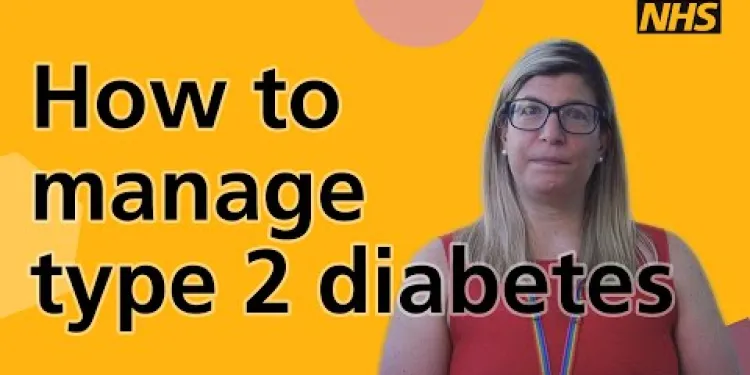
How to manage type 2 diabetes
Relevance: 70%
-
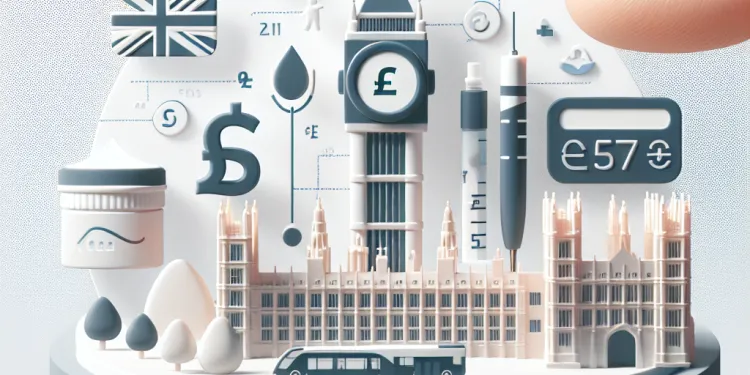
Is Wegovy used for type 2 diabetes management?
Relevance: 64%
-
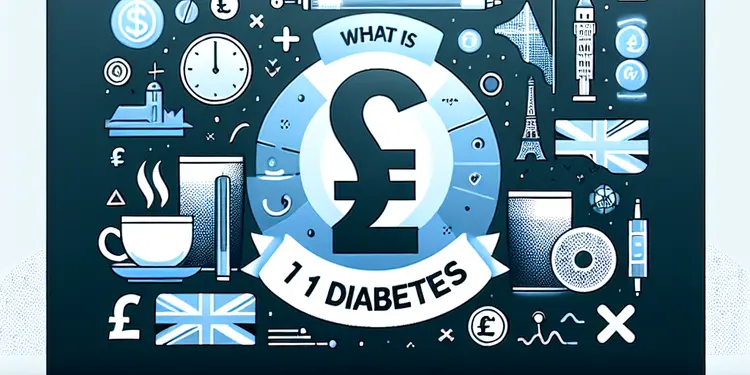
What is type 1 diabetes?
Relevance: 61%
-
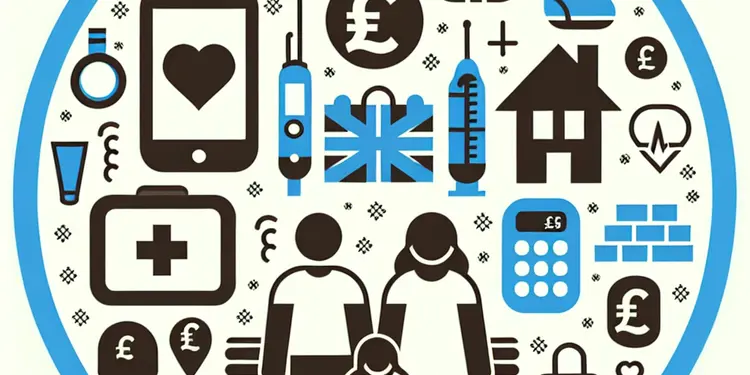
What support is available for families dealing with type 1 diabetes?
Relevance: 61%
-
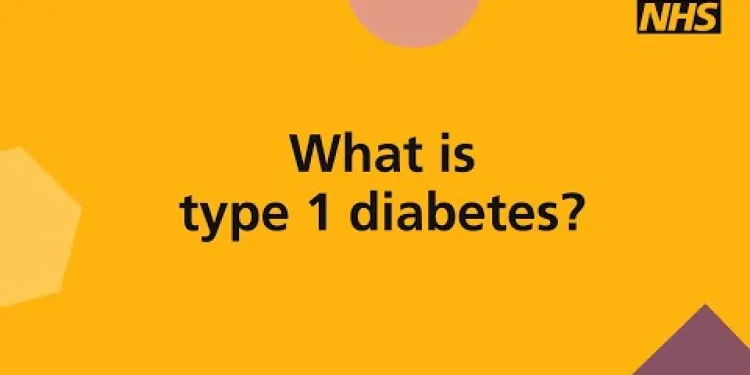
What is type 1 diabetes?
Relevance: 59%
-

What is the difference between type 1 and type 2 diabetes?
Relevance: 58%
-
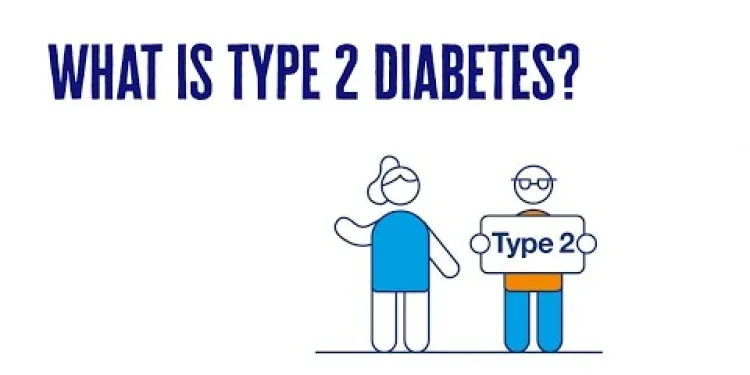
What Is Type 2 Diabetes? | 2 Minute Guide | Diabetes UK
Relevance: 57%
-

Is Type 2 Diabetes hereditary?
Relevance: 56%
-

Can Type 2 Diabetes go away?
Relevance: 56%
-

Can Type 2 Diabetes be prevented?
Relevance: 55%
-

Is there a genetic predisposition to type 1 diabetes?
Relevance: 55%
-

Can Mounjaro be used in type 1 diabetes?
Relevance: 53%
-

Is Ozempic suitable for type 1 diabetes?
Relevance: 52%
-

What causes Type 2 Diabetes?
Relevance: 52%
-
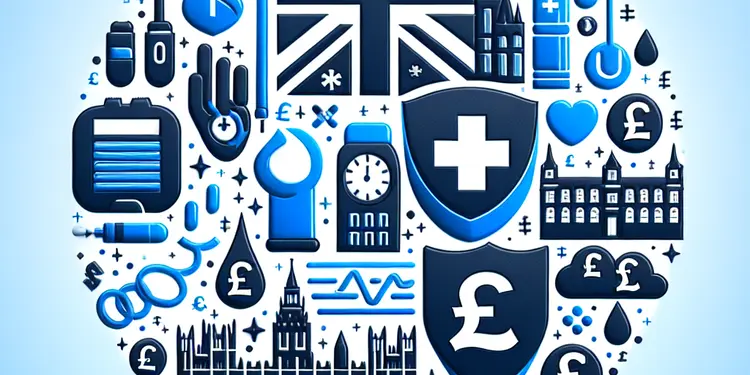
What are the benefits of early detection of type 1 diabetes?
Relevance: 52%
-

How is Type 2 Diabetes diagnosed?
Relevance: 52%
-

What complications are associated with Type 2 Diabetes?
Relevance: 51%
-

Can stress affect my Type 2 Diabetes?
Relevance: 51%
-

How is Type 2 Diabetes treated?
Relevance: 51%
-
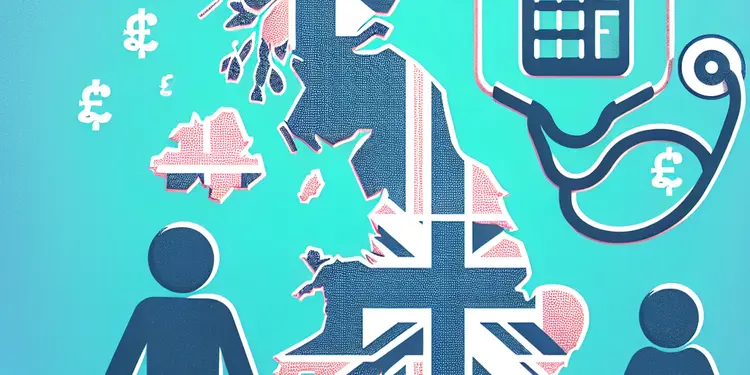
Where can I have my child screened for type 1 diabetes?
Relevance: 50%
-
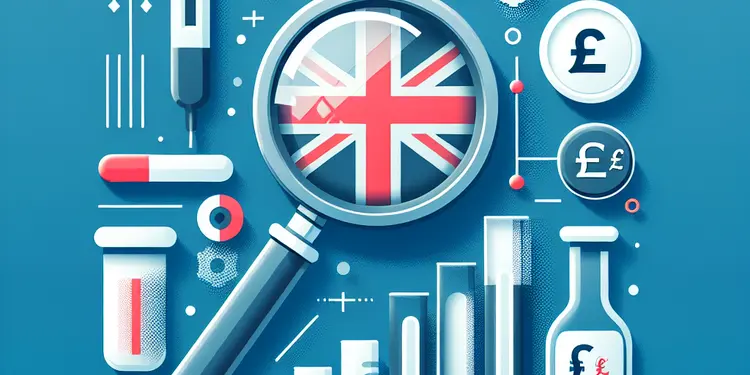
How accurate are the tests for predicting type 1 diabetes?
Relevance: 49%
-

What is the role of insulin in Type 2 Diabetes?
Relevance: 49%
-
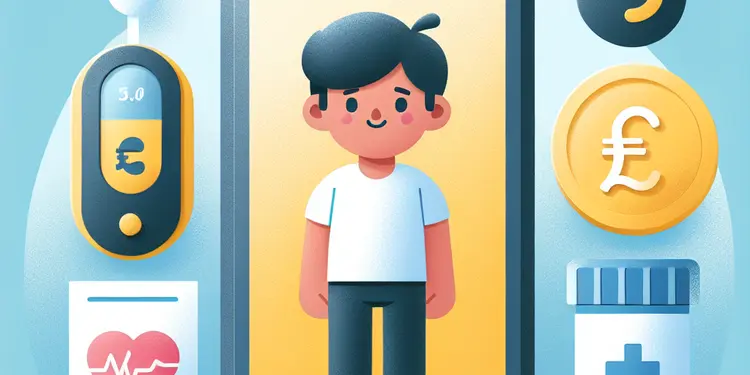
Why should I consider screening my child for type 1 diabetes?
Relevance: 49%
-
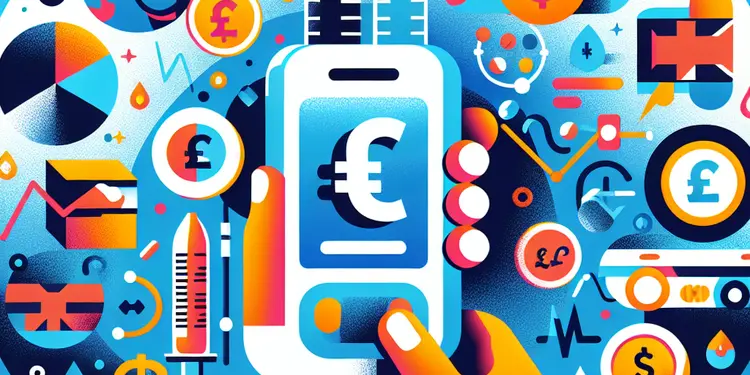
What does screening for type 1 diabetes involve?
Relevance: 49%
-

What are the symptoms of Type 2 Diabetes?
Relevance: 49%
-
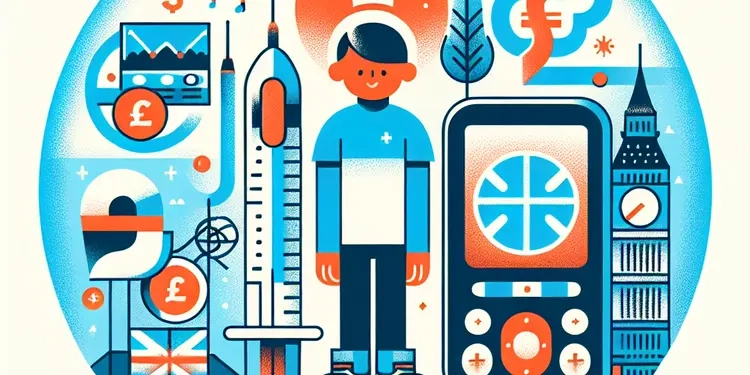
Should I screen my child for type 1 diabetes?
Relevance: 48%
-

NHS Diabetes Prevention Programme; Preventing Type 2 and improving outcomes for people with diabetes
Relevance: 48%
-
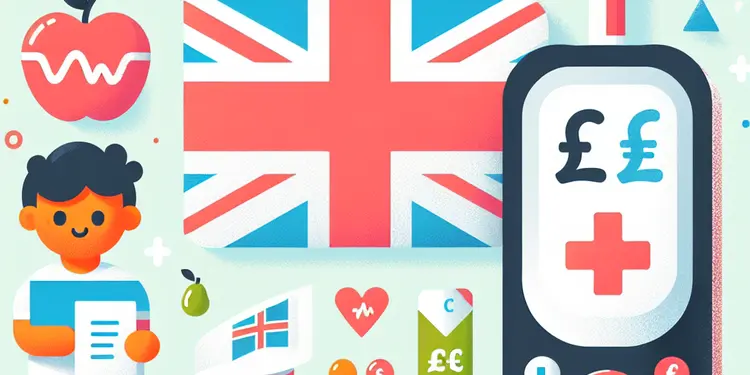
At what age should my child be screened for type 1 diabetes?
Relevance: 48%
-

Sarah and Glinys Managing Diabetes into remission Jan2019
Relevance: 48%
-
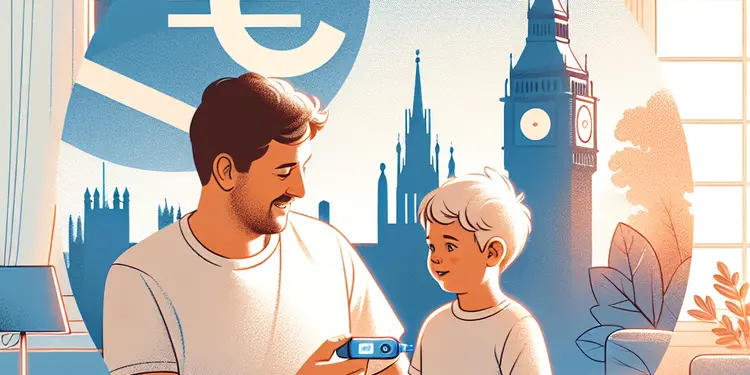
Are there any symptoms of type 1 diabetes I should watch for in my child?
Relevance: 48%
-

Can environmental factors contribute to type 1 diabetes?
Relevance: 48%
-

Does insurance cover type 1 diabetes screening?
Relevance: 47%
-
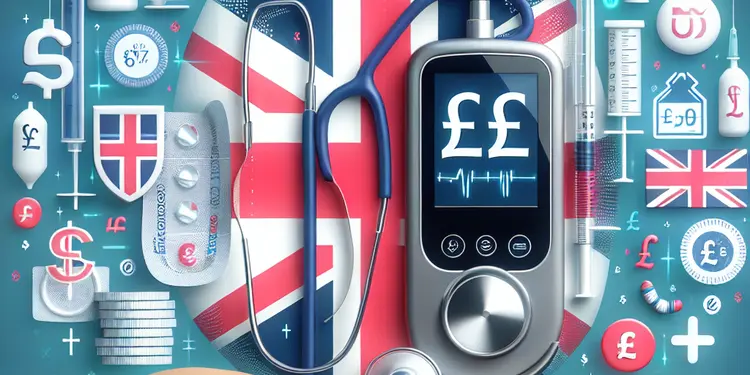
What are the limitations of type 1 diabetes screening?
Relevance: 47%
-
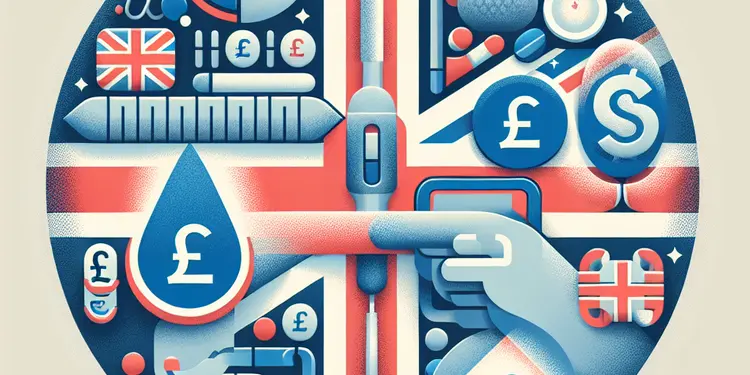
Should siblings of a child with type 1 diabetes also be screened?
Relevance: 47%
-
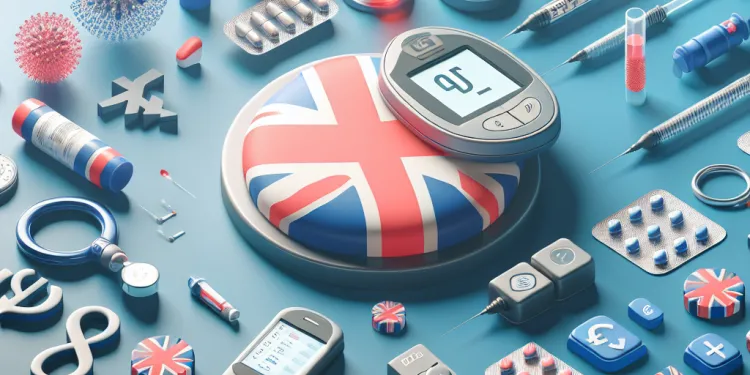
What role does GLP-1 play in diabetes management?
Relevance: 46%
-
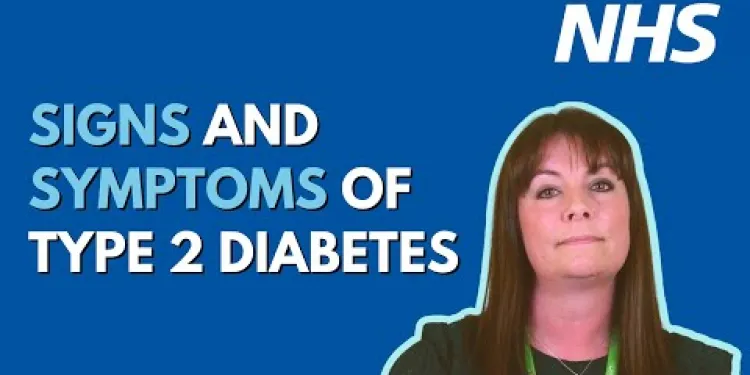
Type 2 diabetes - common signs and symptoms UHL NHS Trust
Relevance: 46%
-
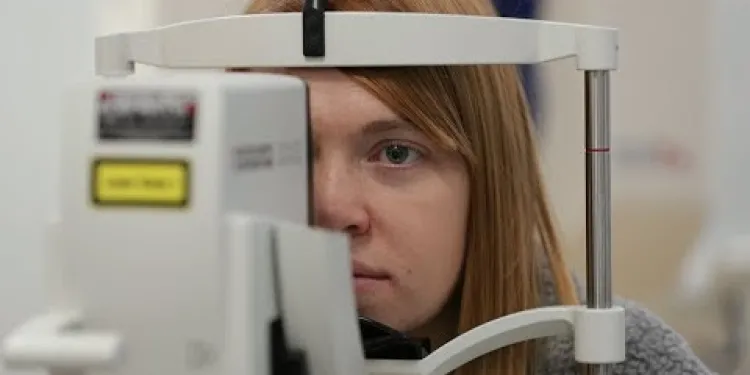
Patient voices in type one diabetes - I would have done things differently.
Relevance: 45%
-

What lifestyle changes can lower my child's risk of type 1 diabetes?
Relevance: 45%
Supporting Adults to Manage Type 1 Diabetes with MyType1Diabetes
Introduction to MyType1Diabetes
MyType1Diabetes is an invaluable resource designed to help individuals in the United Kingdom manage their Type 1 diabetes effectively. It offers a wealth of information, tools, and support to ensure that adults with Type 1 diabetes can lead healthy, fulfilling lives. This platform provides everything from essential tips on blood glucose monitoring to detailed guidance on dietary choices and exercise.
Personalised Management Plans
One of the standout features of MyType1Diabetes is the personalized management plans tailored to each individual’s needs. These plans are crafted based on your medical history, lifestyle, and personal preferences. Regular updates and reviews ensure that the plan evolves with you, helping to keep your diabetes well-controlled and reducing the risk of complications.
Educational Resources
Education is a crucial element in managing Type 1 diabetes, and MyType1Diabetes excels in providing a broad range of educational materials. Whether you're newly diagnosed or have been living with diabetes for years, the platform's comprehensive videos, articles, and interactive modules cover topics like carbohydrate counting, insulin administration, and the importance of regular physical activity.
Community Support
Connecting with others who understand the challenges of living with Type 1 diabetes can be immensely reassuring. MyType1Diabetes fosters a supportive community where adults can share experiences, tips, and encouragement. Online forums, virtual meetups, and local support groups offer a sense of belonging and understanding, helping to alleviate feelings of isolation.
Technology Integration
Modern technology plays a significant role in diabetes management. MyType1Diabetes integrates seamlessly with various devices and apps, ensuring that you can track your blood glucose levels, medication intake, and physical activity with ease. This integration simplifies data collection and helps your healthcare team monitor your progress more effectively.
Expert Guidance
Access to expert advice is another essential component of MyType1Diabetes. The platform offers regular consultations with diabetes specialists, dietitians, and mental health professionals. These experts provide tailored advice, answer your specific questions, and help you navigate the complexities of living with Type 1 diabetes, ensuring you never feel alone in your journey.
Conclusion
MyType1Diabetes is a comprehensive, user-friendly platform dedicated to supporting adults in the UK as they manage their Type 1 diabetes. With personalized plans, educational resources, community support, technological integration, and expert guidance, it empowers individuals to take control of their health and live their lives to the fullest.
Helping Adults with Type 1 Diabetes: MyType1Diabetes
What is MyType1Diabetes?
MyType1Diabetes is a helpful tool for people in the UK with Type 1 diabetes. It gives lots of information and support. This helps people stay healthy and happy. MyType1Diabetes teaches about checking blood sugar, what to eat, and exercise.
Personal Plans Just for You
MyType1Diabetes makes special plans for each person. These plans fit your own health needs. They change as you change. This keeps your diabetes under control and helps stop problems from happening.
Learning to Manage Diabetes
Learning is very important for managing Type 1 diabetes. MyType1Diabetes has videos, articles, and activities that help you learn. Topics include counting carbohydrates, using insulin, and why exercise is important.
Support from Others
Talking to people who know what it’s like to have Type 1 diabetes can help a lot. MyType1Diabetes has a community where you can meet others, share tips, and get help. You can join online forums, virtual talks, and local groups. This helps you feel less alone.
Using Technology
New technology makes managing diabetes easier. MyType1Diabetes works with devices and apps. This helps you track your blood sugar, medicine, and exercise. It also helps your doctors see how you are doing.
Advice from Experts
Getting advice from experts is really important. MyType1Diabetes lets you talk to diabetes doctors, food experts, and mental health professionals. They give you advice, answer your questions, and help you with anything difficult. This makes sure you always have support.
Summary
MyType1Diabetes is a tool that helps adults in the UK manage their Type 1 diabetes. It provides personal plans, learning materials, a support community, technology use, and expert advice. This helps you take charge of your health and enjoy life as much as possible.
Frequently Asked Questions
What is Type 1 diabetes?
Type 1 diabetes is a chronic condition where the pancreas produces little to no insulin. Insulin is a hormone needed to allow glucose to enter cells to produce energy.
How is Type 1 diabetes different from Type 2 diabetes?
While Type 1 diabetes is an autoimmune condition where the body can't produce insulin, Type 2 diabetes is mainly related to lifestyle factors and body produces insulin but doesn't use it effectively.
What are the symptoms of Type 1 diabetes?
Common symptoms include increased thirst, frequent urination, hunger, fatigue, and blurred vision. If you experience these symptoms, seek medical advice.
How is Type 1 diabetes diagnosed?
Diagnosis is made through blood tests that check for high glucose levels, such as the A1C test, fasting blood sugar test, or a random blood sugar test.
What is the treatment for Type 1 diabetes?
Treatment involves regular insulin injections or the use of an insulin pump, alongside monitoring blood sugar levels, dietary adjustments, and regular physical activity.
How often should I check my blood sugar levels?
It varies by individual needs, but generally, people with Type 1 diabetes might check their levels 4 to 10 times a day as advised by their healthcare provider.
What is hypoglycaemia and how can I manage it?
Hypoglycaemia is when blood sugar levels fall too low. It can be managed by consuming fast-acting carbohydrates like glucose tablets, or sugary drinks, and monitoring blood sugar regularly.
Can I eat sweets and sugary foods?
Yes, but they should be eaten in moderation and balanced with your insulin dose and physical activity. Carb counting and monitoring your blood sugar can help manage these treats.
Is exercise important for managing Type 1 diabetes?
Yes, regular physical activity helps manage blood sugar levels and overall health. Always check your blood sugar before and after exercise and adjust your insulin and food intake accordingly.
How does alcohol affect Type 1 diabetes?
Alcohol can affect blood sugar levels and insulin requirements. It can cause hypoglycaemia, especially when consumed on an empty stomach. Monitor your levels closely and drink in moderation.
Can stress affect my blood sugar levels?
Yes, stress can increase blood sugar levels due to the release of stress hormones. Techniques like relaxation exercises, physical activity, and talking to someone can help manage stress.
What should I carry with me in case of an emergency?
Always carry your blood glucose meter, insulin, quick-acting glucose (like tablets or sweets), and medical identification indicating you have Type 1 diabetes.
Are there any technological aids for managing Type 1 diabetes?
Yes, continuous glucose monitors (CGMs), insulin pumps, and diabetes management apps are available to help track and manage blood sugar levels more effectively.
Can I travel with Type 1 diabetes?
Yes, but plan ahead. Carry sufficient supplies, keep your insulin cool, inform security about your medical condition, and adjust your insulin routine according to your travel itinerary.
Can I get support in the UK for managing Type 1 diabetes?
Yes, there are various resources like NHS diabetes care teams, support groups, and organizations such as Diabetes UK that provide comprehensive support and information.
What is Type 1 diabetes?
Type 1 diabetes is a disease. It means your body cannot make insulin. Insulin helps sugar go into your cells. Without insulin, sugar stays in the blood. This can make you sick.
People with Type 1 diabetes need help to feel well. They can take insulin medicine. This keeps their blood sugar levels balanced.
It's important to eat healthy food too. Checking blood sugar with a small device can help. A doctor can show you how to do it.
Type 1 diabetes is a health problem. It means the body does not make enough insulin. Insulin is important. It helps sugar from food get into the body's cells. This sugar gives us energy.
What is different between Type 1 and Type 2 diabetes?
Diabetes is a health problem where your body has trouble using sugar for energy. There are two main kinds: Type 1 and Type 2.
Type 1 diabetes: The body stops making a substance called insulin. Your body needs insulin to use sugar the right way. People with Type 1 diabetes need to take insulin every day.
Type 2 diabetes: The body has a hard time using insulin well. The body still makes insulin, but it does not work as it should. People with Type 2 can often manage it by eating healthy food and exercising.
If you need help reading, you can ask someone to read with you or use a tool that reads text out loud. Pictures and videos can also help you understand better.
Type 1 diabetes happens when the body can't make something called insulin. It's not the person's fault.
Type 2 diabetes happens mostly because of how we live. The body makes insulin, but it doesn't work as it should.
If reading is hard, try using pictures or talk about it with someone. Tools like audiobooks or apps that read text aloud can help too.
What happens if you have Type 1 diabetes?
Here are some signs to look out for:
1. Feeling very thirsty all the time.
2. Needing to go to the toilet a lot.
3. Feeling very hungry even after eating.
4. Feeling very tired or sleepy.
5. Having blurry or fuzzy eyesight.
If you notice these signs, talk to a doctor. They can help you feel better.
How do doctors find out if someone has Type 1 diabetes?
Doctors can find out if you have high sugar levels in your blood. They do this with special tests like the A1C test, fasting blood sugar test, or a random blood sugar test.
How do you help someone with Type 1 diabetes?
Treatment means you get insulin. Insulin can be given through shots or an insulin pump. You also need to check your blood sugar often, eat healthy foods, and stay active.
How many times should I check my blood sugar?
Everyone is different, but people with Type 1 diabetes might need to check their blood sugar 4 to 10 times a day. A doctor will tell them what is best.
What is low blood sugar and how can I handle it?
Low blood sugar is when your blood sugar (also called glucose) is too low. This can make you feel weak or dizzy.
Here’s how you can handle it:
- Eat or drink something sugary, like fruit juice, a candy, or a biscuit. This will help make your blood sugar go up.
- Check your blood sugar level. This helps you know if it’s getting better.
- Rest until you feel better. Sit or lie down so you don’t fall or get hurt.
- Tell someone you trust how you feel. They can help you if you need it.
Ask a doctor or nurse if you need more help or advice.
Hypoglycaemia is when the sugar in your blood gets too low. You can fix it by eating or drinking something sweet, like glucose tablets or sugary drinks. It's important to check your blood sugar often to make sure it's okay.
Can I eat sweets?
You can eat sweets sometimes. But too many sweets are not good for your teeth or body.
Here are some tips to help:
- Eat sweets only once in a while.
- Brush your teeth after eating sweets.
- Ask a grown-up to help you make good food choices.
- Try eating fruits instead of sweets. They are healthier!
Yes, you can eat them, but only a little bit. Balance what you eat with your insulin and exercise. Counting carbs and checking your blood sugar can help you enjoy these treats safely.
Here are some tips:
- Use a chart to count carbs.
- Check your blood sugar often.
- Ask an adult for help if you need it.
Does exercise help people with Type 1 diabetes?
Yes, doing regular exercise helps keep your blood sugar and your health in good shape. Remember to check your blood sugar before and after you exercise. You might need to change how much insulin or food you have based on this.
How does drinking alcohol affect Type 1 diabetes?
If you have Type 1 diabetes, drinking alcohol can make your blood sugar levels go too high or too low. This can be dangerous.
Here are some tips to stay safe:
- Always eat food when you drink alcohol. This helps keep your blood sugar steady.
- Check your blood sugar often to see how your body reacts to alcohol.
- Talk to your doctor about drinking alcohol. They can give you advice that fits your needs.
Alcohol can change how much sugar is in your blood. It can also change how your body uses insulin. If you drink alcohol without eating, your blood sugar can drop too low. This is called hypoglycaemia. Watch your blood sugar levels carefully and don't drink too much alcohol.
Does stress change my blood sugar levels?
Yes, feeling stressed can make your blood sugar go up. This happens because your body releases special chemicals when you are stressed. You can do things like calm breathing, moving your body, or talking to a friend to help you feel less stressed.
What should I take with me if there is an emergency?
Always carry your blood sugar checker, insulin, quick sugar (like tablets or sweets), and medical ID that says you have Type 1 diabetes.
What tools can help people with Type 1 diabetes?
Do you have Type 1 diabetes? Some tools can help you take care of your health. These tools can make it easier to check your blood sugar.
- Blood Sugar Meters: These gadgets help you quickly check your blood sugar levels.
- Insulin Pumps: This small machine gives you insulin, so you don't need as many shots.
- Continuous Glucose Monitors (CGMs): This tool checks your blood sugar all the time and tells you if it's too high or too low.
- Apps: Some phone apps can help you track your blood sugar and remind you when to take your insulin.
Talk to your doctor about these tools. They can help you find the best ones for you.
Yes, there are special tools to help people with diabetes. These tools help check and control blood sugar levels.
Some of these tools are:
- Continuous glucose monitors (CGMs). These check blood sugar levels all the time.
- Insulin pumps. These give insulin to the body when it needs it.
- Diabetes management apps. These apps help you keep track of your blood sugar.
Can I go on a trip with Type 1 diabetes?
Yes, you can. But make a plan first. Bring enough supplies. Keep your insulin cool. Tell security about your medical condition. Change your insulin routine to fit your travel plans.
Can I get help for Type 1 diabetes in the UK?
Do you live in the UK and have Type 1 diabetes? You can get help! Here are some ways:
- Doctors and Nurses: They can help you understand and take care of your diabetes.
- Diabetes Support Groups: You can talk with other people who have diabetes.
- Online Resources: There are websites and apps with tips and advice.
- Specialist Clinics: Places with doctors who know a lot about diabetes.
These can help you stay healthy. Ask your doctor for more information.
Yes, there are places and people that can help with diabetes. You can talk to NHS diabetes care teams. There are also support groups and organizations like Diabetes UK that give you lots of help and information.
Useful Links
This website offers general information and is not a substitute for professional advice.
Always seek guidance from qualified professionals.
If you have any medical concerns or need urgent help, contact a healthcare professional or emergency services immediately.
Some of this content was generated with AI assistance. We’ve done our best to keep it accurate, helpful, and human-friendly.
- Ergsy carfully checks the information in the videos we provide here.
- Videos shown by Youtube after a video has completed, have NOT been reviewed by ERGSY.
- To view, click the arrow in centre of video.
- Most of the videos you find here will have subtitles and/or closed captions available.
- You may need to turn these on, and choose your preferred language.
- Go to the video you'd like to watch.
- If closed captions (CC) are available, settings will be visible on the bottom right of the video player.
- To turn on Captions, click settings .
- To turn off Captions, click settings again.
More Items From Ergsy search
-

Type 1 Diabetes supporting adults to manage Type 1 diabetes
Relevance: 100%
-

Where can I find support for managing Type 2 Diabetes in the UK?
Relevance: 74%
-

How to manage type 2 diabetes
Relevance: 70%
-

Is Wegovy used for type 2 diabetes management?
Relevance: 64%
-

What is type 1 diabetes?
Relevance: 61%
-

What support is available for families dealing with type 1 diabetes?
Relevance: 61%
-

What is type 1 diabetes?
Relevance: 59%
-

What is the difference between type 1 and type 2 diabetes?
Relevance: 58%
-

What Is Type 2 Diabetes? | 2 Minute Guide | Diabetes UK
Relevance: 57%
-

Is Type 2 Diabetes hereditary?
Relevance: 56%
-

Can Type 2 Diabetes go away?
Relevance: 56%
-

Can Type 2 Diabetes be prevented?
Relevance: 55%
-

Is there a genetic predisposition to type 1 diabetes?
Relevance: 55%
-

Can Mounjaro be used in type 1 diabetes?
Relevance: 53%
-

Is Ozempic suitable for type 1 diabetes?
Relevance: 52%
-

What causes Type 2 Diabetes?
Relevance: 52%
-

What are the benefits of early detection of type 1 diabetes?
Relevance: 52%
-

How is Type 2 Diabetes diagnosed?
Relevance: 52%
-

What complications are associated with Type 2 Diabetes?
Relevance: 51%
-

Can stress affect my Type 2 Diabetes?
Relevance: 51%
-

How is Type 2 Diabetes treated?
Relevance: 51%
-

Where can I have my child screened for type 1 diabetes?
Relevance: 50%
-

How accurate are the tests for predicting type 1 diabetes?
Relevance: 49%
-

What is the role of insulin in Type 2 Diabetes?
Relevance: 49%
-

Why should I consider screening my child for type 1 diabetes?
Relevance: 49%
-

What does screening for type 1 diabetes involve?
Relevance: 49%
-

What are the symptoms of Type 2 Diabetes?
Relevance: 49%
-

Should I screen my child for type 1 diabetes?
Relevance: 48%
-

NHS Diabetes Prevention Programme; Preventing Type 2 and improving outcomes for people with diabetes
Relevance: 48%
-

At what age should my child be screened for type 1 diabetes?
Relevance: 48%
-

Sarah and Glinys Managing Diabetes into remission Jan2019
Relevance: 48%
-

Are there any symptoms of type 1 diabetes I should watch for in my child?
Relevance: 48%
-

Can environmental factors contribute to type 1 diabetes?
Relevance: 48%
-

Does insurance cover type 1 diabetes screening?
Relevance: 47%
-

What are the limitations of type 1 diabetes screening?
Relevance: 47%
-

Should siblings of a child with type 1 diabetes also be screened?
Relevance: 47%
-

What role does GLP-1 play in diabetes management?
Relevance: 46%
-

Type 2 diabetes - common signs and symptoms UHL NHS Trust
Relevance: 46%
-

Patient voices in type one diabetes - I would have done things differently.
Relevance: 45%
-

What lifestyle changes can lower my child's risk of type 1 diabetes?
Relevance: 45%


